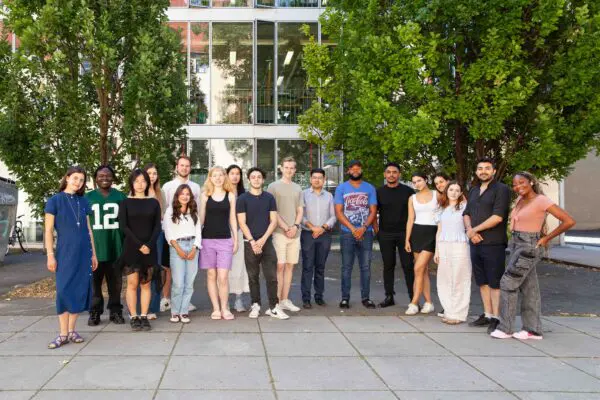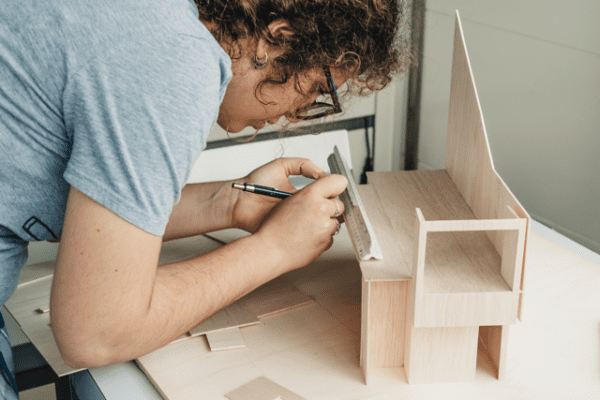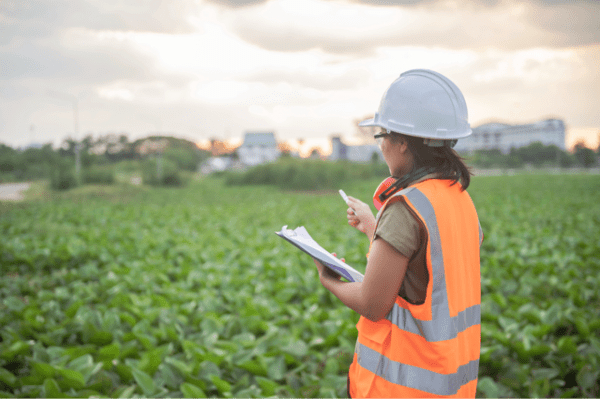
Weimar, Germany
Design Thinking Unleashed: Ignite Creativity and Solve Problems
When:
15 August - 29 August 2026
Credits:
3 EC
Read more
Architecture
When:
29 January - 08 February 2020
School:
Politecnico di Torino Summer Schools
Institution:
Politecnico di Torino
City:
Country:
Language:
English
Credits:
2 EC

The UN 2018 report on the world population predicts that, in 2050, 2/3 of the population will live in large cities, showing a constantly increasing in urbanization and urban sprawl phenomena. The influence of big cities on climate and environment is the subject of several researches, considering that today 33 cities exceed 10 million inhabitants. Hence, the study of urban microclimate is an essential challenge to guarantee comfort conditions, the management and mitigation of climatic risks (global and local, such as urban heat island), and the containment of energy consumptions considering urban effects on buildings and open spaces. One of the great challenges of the contemporary research is being able to develop monitoring and simulation systems of urban physical phenomena, in order to accurately predict critical situations and suggest the necessary actions to increase the resilience of our cities.
In particular, the winter school focuses on three key aspects of this great challenge, which are necessary for understanding the physical and environmental phenomena on the urban scale. Students will consider: i. radiative phenomena in urbanized areas both at the simulation level and at the monitoring level; ii. outdoor thermal comfort (monitored and perceived); iii. climatic phenomena including urban heat island. Furthermore, they will discuss the effects of urban morphologies on climate phenomena and their relationship with indoor and outdoor comfort. The theoretical notions will be supported by exercises using advanced software and tools, and by in situ monitoring during "urban promenades" in which the participants will be able to add to the quantitative data also perceptive aspects, necessary to understand the phenomena and not only to describe and simulate them.
The winter school includes lectures, with particular attention to student involvement, to provide theoretical skills and to describe most recent innovations on the subject. In addition, some of recent tools for simulating and studying phenomena related to climate, radiation and urban comfort would be presented. Students will carry out some practical exercises on these issues working in groups.
The winter school includes several extra-didactic activities, including "climatic-environmental" promenades and visits to the city and some urban museums (e.g. National Museum of Cinema). It will also include the elevator climb to the Mole Antonelliana, symbol of the city of Turin, but also a privileged point of view on the urban morphology of the city. There will also be a welcome coffee, an intermediate aperitif and a final dinner, as well as some activities in which students can discuss work activities, and exchange information. Finally, a final presentation of the results is expected.
iacomo Chiesa (PoliTO), Benoit Beckers (UPPA University), Elena Garcia-Nevado (UPPA), Michele Morganti (PoliMI), David Pearlmutter (Ben-Gurion University), Katia Perini (UniGE), and Jost von Hardenberg (PoliTO). The school is supported by the Departmen
The school is supposed to host about 20 motivated students including:
- 4 places reserved for Architect students (Master Degree, and Bachelor Degree, 3rd year)
- 4 places reserved for Engineer students (Master Degree, and Bachelor 3rd year), e.g. in the fields of Environment, Energy, Informatics (coding), ICT, …
- 4 places reserved for Ph.D. students (3 of which reserved for UPPA’s PhDs)
- other 8 places open to interested students (Master or Bachelor degrees)
Understand the basics of urban physics and the principles aimed at simulating environmental phenomena on the same scale;
Study outdoor comfort in urban contexts (fundamentals of theory, monitoring, user perceptions, mapping);
Analyse climate impacts in urban contexts (fundamentals of theory, simulation of the effects of heat island with changes in urban morphologies, understanding of the impacts of such effects on consumption and comfort, understanding of global climate change);
Compare and use some of the recent simulation software to experience the impact and implications theoretically addressed (learning by doing);
Use professional tools to measure the same phenomena (thermal imaging cameras, monitoring systems for environmental variables and comfort);
Reasoning on the mutual implications between design choices and urban physics;
Reasoning about the potential of new IT and ICT in the development of the simulative, interpretative and predictive potential of urban physics tools;
Develop critical reasoning on the issues addressed and develop a summary of the results obtained.
Other important goals of the school are:
support cultural, methodological and applicative exchanges between the two cardinal areas of the Polytechnic culture (engineering and architecture) discussing on common themes, but facing them with personalized and complementary tools, in an international background (open call);
support discussions between first and second degree level students with doctoral students allowing an exchange of ideas and a greater understanding of doctoral training at European level (3 French PhD students are expected);
experiment with training initiatives and joint work between different disciplinary fields to reach common goals.
The winter school has direct implications with the following UN Sustainable Development Goals:
11. Sustainable cities and communities, working at city scale and focusing on sustainable urbanization and urban comfort;
13. Climate action, connecting climate change with urban scale and correlated phenomena, trying to simulate the effects of urban heat island;
3. Good health and well-being, dealing with outdoor comfort issues.
Treated topics have a lower connection with objectives 7 (working on solar radiation on an urban scale), 8 (urban morphology and its development are connected with economic growth models), and 10 (highest growths of megacities occurs in developing areas).
When:
29 January - 08 February 2020
School:
Politecnico di Torino Summer Schools
Institution:
Politecnico di Torino
Language:
English
Credits:
2 EC

Weimar, Germany
When:
15 August - 29 August 2026
Credits:
3 EC
Read more

Delft, Netherlands
When:
30 June - 10 July 2026
Credits:
2.5 EC
Read more

Nottingham, United Kingdom
When:
29 June - 10 July 2026
Credits:
5 EC
Read more